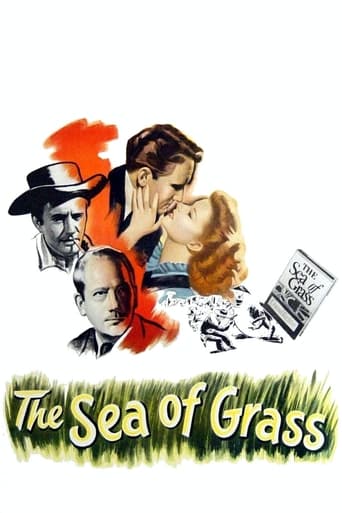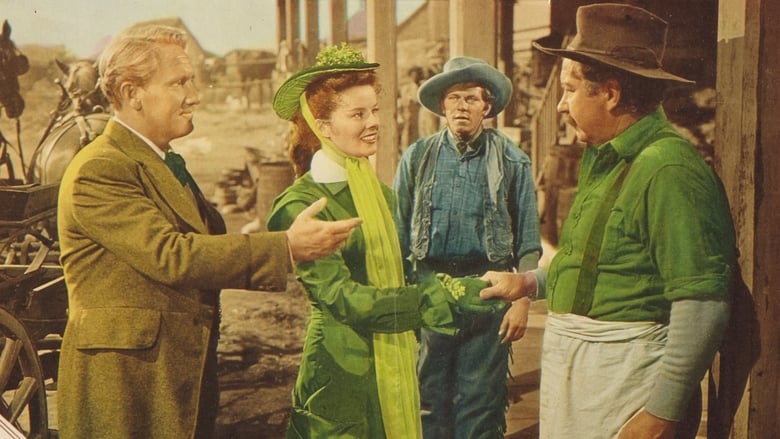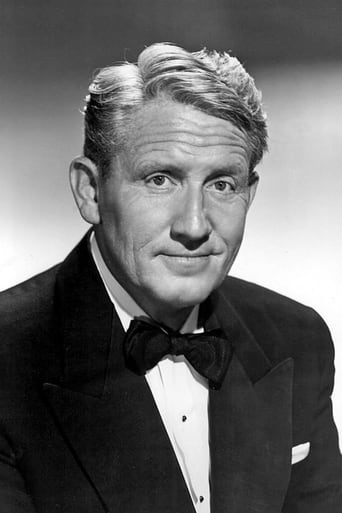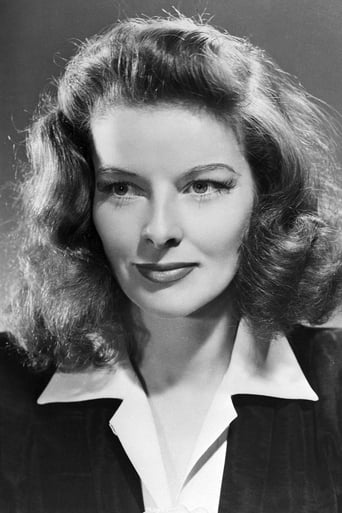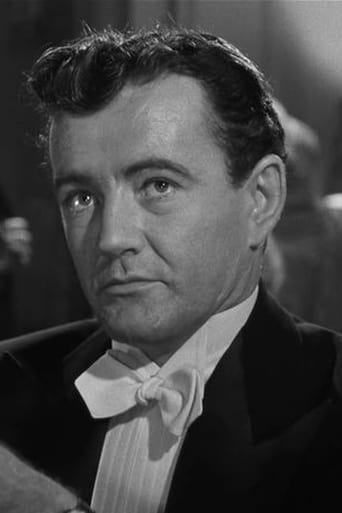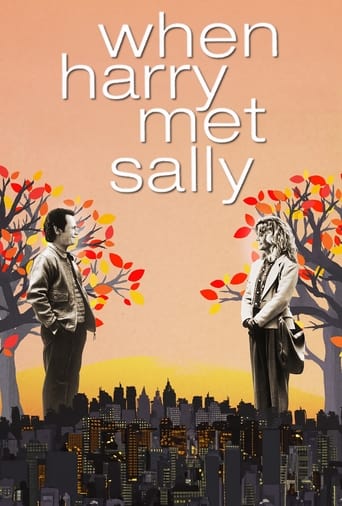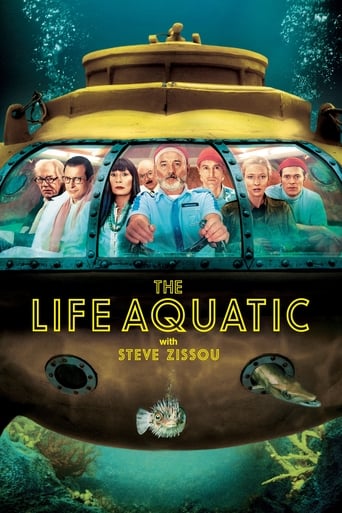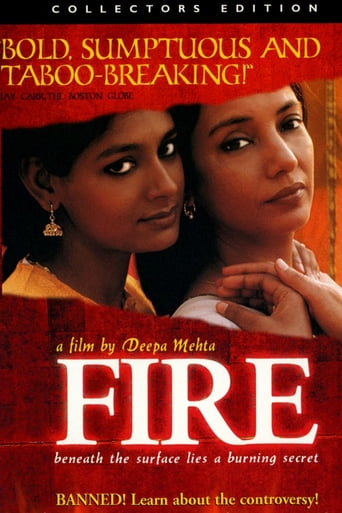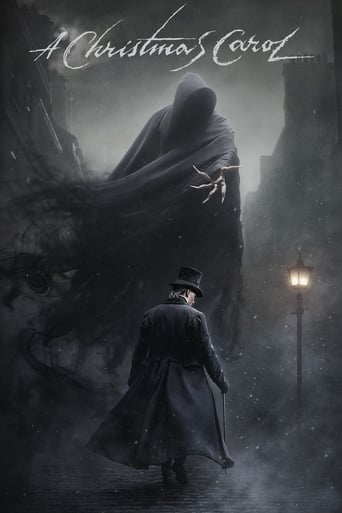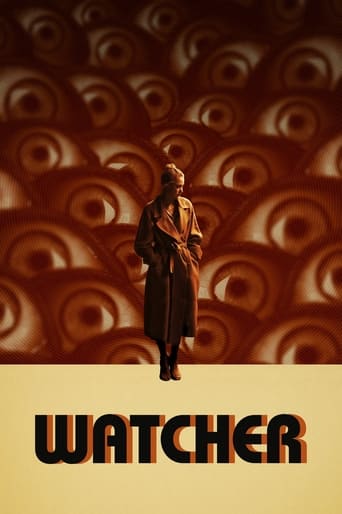The Sea of Grass (1947)
A St. Louis woman marries a New Mexico cattleman who is seen as a tyrant by the locals.
Watch Trailer
Cast


Similar titles
Reviews
This takes much patience to stick with, especially if you are going into this expecting a traditional western. It's as if somebody realized that there were more stories than cattle rustling and Indian attacks and decided to focus on the largeness of the great outdoors. It's a saga, much like "The Big Country" and "Broken Lance" with a bit of "The Violent Men" thrown in. This is "the thinking man's western", one you would not send your young sons to on a Saturday afternoon in the 1940's. This is the type you'd see at Radio City Music Hall in New York City or the Chinese Graumann's in Hollywood, and expect all the glitter and gloss that MGM could provide.For it's star performances, this is superb, another winning turn for Katharine Hepburn, yet the two men (Spencer Tracy and Melvyn Douglas) play characters that are not extremely well defined. Coming from St. Louis society, Hepburn is engaged to Tracy, a ruthless land baron who refuses to allow his property to be sold to be developed past the sea of grass, idealistic for sure, but cruel to the settlers desiring to farm and ultimately do the earth some good. Tracy's speech about the sea of grass is as poetic as Truman Capote's proclamation about "the grass harp" where the whistling winds among the blowing tall weeds have a music all its own. Hepburn finds out early enough about the many enemies that her husband has made, culminating in tragedy when Tracy has a family she has befriended thrown off his land where they have settled in desperation. This leads Hepburn to leave him briefly, becoming involved with Tracy's bitter enemy, Melvyn Douglas, culminating in Tracy's ruthless revenge in taking away Hepburn's children.If you are patient and keep attentive to the lagging plot, you can be sucked in to the period soap opera, a bit more earthy than most, but filling the screen with all the large emotions that can fill the screen. There are excellent performances by Edgar Buchannan as a soft hearted cook, Harry Carey as Tracy's one voice of reason that he listens to, and Ruth Nelson as the hopeful wife of the squatter who defies Tracy by settling on his land. Robert Walker and Phyllis Thaxter come on in the last quarter of the film as the pieces of this convoluted puzzle come together. This is where the interest for me started to go south. It's a shame that this isn't better, as under the direction of Elia Kazan it had potential but the lack of a clear cut well rounded script prevent it from being fully successful.
Minor entry in the Hepburn/Tracy canon is justifiably obscure. The script is long winded but not terribly deep. As far as the performances Spencer Tracy is right at home as the rigid man whose pride works to his detriment but Kate seems uncomfortable in her role and it doesn't really fit her, a wounded dignity is needed and her tough resilience is at odds with that, Margaret Sullavan would have been much better suited to the part. The basic structure of the film works against what was always so special about the pair and that's their interaction, for great swatches of this they are apart. Robert Walker shows up late in the proceeding and injects some much needed life in the picture but is gone too soon. One good piece of casting is Phyllis Thaxter as the pair's grown daughter, she bears a striking resemblance to both and really does seem as if she could be their child. The best performance in the whole show is turned in by the reliable Edgar Buchanan as the family standby, his involvement with the others is one of the few parts that doesn't feel artificial. The usually reliable Melvyn Douglas is defeated by a stick figure character. The pace of the film is too slow, this was an early film for Kazan and he still had some learning to do, and by the end it becomes a trial too sit though. Not awful but a miss.
"The Sea of Grass" is a most insightful, intelligent film. The heart of the conflict is basically that of hopeful homesteaders wanting to plant crops and raise their families on the new land--with the opposing side foretelling of the ruin of the land that was essentially "meant" for cattle grazing, not crop planting.It's a potent conflict, with both sides falling short on some important issues, and both sides eventually learning from one another. What cattle baron Spencer Tracey predicted would happen, comes to pass. Yet, the new land is very much going to be farmed by new pioneers. It's a fact of evolution, and nothing can stop it. Only conservation measures weren't adhered to, and farming preceded, at Judge Melvyn Douglas' assistance, without the necessary safeguards put into place.The script deftly weaves into this situation a touching human element, by way of Tracy's marriage to Katherine Hepburn. They come to symbolize the ideological conflict and the great toll it takes on their marriage and lives.Long considered an average to below average film in many quarters, it has increased in value over the years. The Dish Network rated it 3 1/2 out of 4 stars, and many viewers are finding enhanced value in it. Beautifully acted, directed, photographed and mounted, "The Sea of Grass" is finally coming into its own. True at 121 minutes, it could have been trimmed a bit, yet it is a film of which its director need not have held in low esteem.The rest of the cast--including Robert Walker and Phyllis Thaxter--all do commendable jobs. It's a notable piece of work that's growing in stature every year.
Elia Kazan regretted making The Sea Of Grass, and it's easy to see why. Instead of a focus on cattlemen vs. homesteaders, we get a marital soap opera stretched out over twenty years between a never-changing stern-faced Spencer Tracy and Katherine Hepburn and in an unusual role as a maternal figure. Kazan specialized in films highlighting great dialog and characterizations, and this film has neither. The social concerns are lost regarding the conflict between the feuding cattlemen and homesteaders without conflict development and plot progression independent of the Tracy/Hepburn soap opera. Within a half hour, one begins to realize this is all there is to the story (based on Conrad Richter's novel). The viewer gets enough stereotyped scenarios predating actual soap operas on television by more than a decade. The rejected wife has an affair, gives birth to a son of questionable birth, is rejected again by her husband, and watches helplessly as her rebellious son lives a ruinous life. Yikes! What nonsense! Hepburn, while more likable than Tracy in the film, is not really a sympathetic character, and the ending is very contrived to say the least. The Tracy and Hepburn teaming overwhelms the story, and it sinks beneath the weight of a burdensome script lacking in the realism, psychological aspects, and characterization found in later Kazan films. Robert Walker and the beautiful Phyllis Thaxter liven things up a little as the adult children, but it's too little too late. Walker only appears on screen for about twenty minutes. Edgar Buchanan and Harry Carey offer able support as Jeff, the cook and Doc Reid respectively. Melvin Douglas tries hard as the homesteader's lawyer and secondary love interest of Hepburn, but he too seems saddled by the plodding nature of the film. The film benefits somewhat from its outdoor scenes, framed in precise period detail. The film is possibly the worst of the nine Tracy and Hepburn pairings with absolutely no chemistry between the stars whatsoever. ** of 4 stars.

